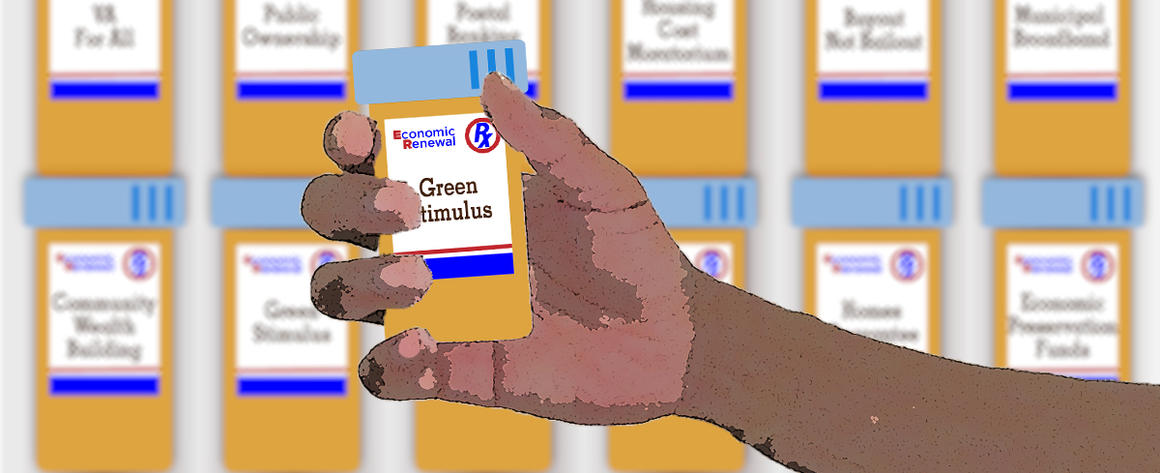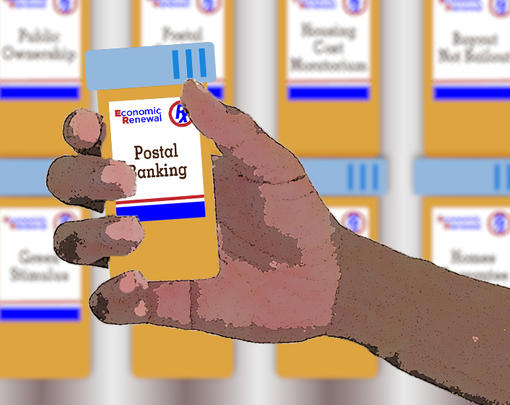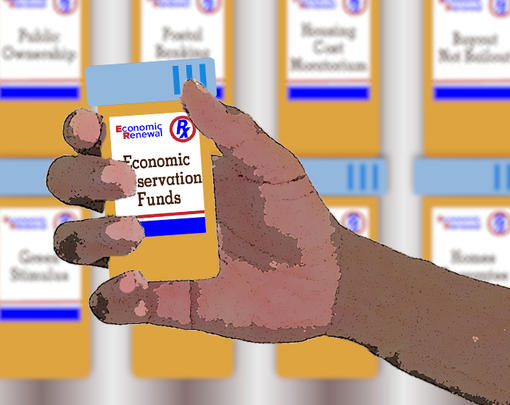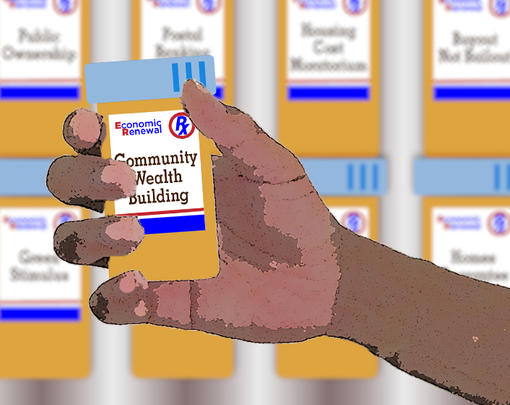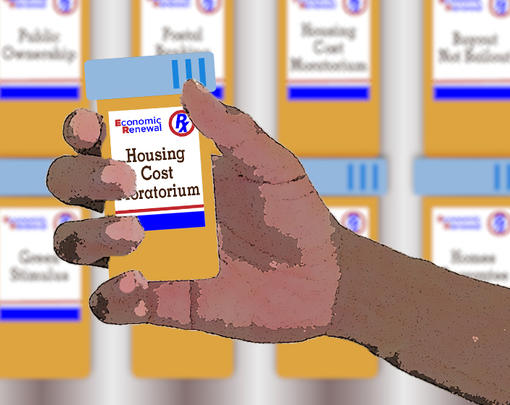A well-intentioned President Barack Obama thought that an essential part of getting the US economy quickly out of the 2009 recession was what became an $83 billion federal investment in “shovel-ready” infrastructure projects. But because the emphasis was on putting people back to work quickly on a to-do list that states and localities had in some cases put together years previously with little or no public input, not much thought went into how the spending could transform our infrastructure rather than simply perpetuate it.
This time we are 11 years closer to the not-far-off day that our global use of fossil fuels will tip the planet into a cataclysmic cycle of climate disruption. To come out of the economic downturn forced by the COVID-19 pandemic, public spending that puts people back to work building the infrastructure we need will again be the right intention. The difference this time is that the infrastructure spending must be green—and all of us have to be in on the decision-making.
“A Green Stimulus to Rebuild Our Economy,” released in March and endorsed by more than 1,000 leaders across the country, presents guiding principles and policy ideas for using infrastructure spending to reduce and ultimately eliminate our reliance on fossil fuels. With that comes opportunities to rectify injustices imposed by past policies as well as to make our communities more resilient in the face of future crises.
But seizing those opportunities will require new levels of grassroots planning and organizing. That would be the task of citizen infrastructure commissions that should be forming right now. In addition to the federal government, state and local agencies that will play key roles in how infrastructure dollars are spent will have to be pressed by these grassroots stakeholder commissions to look critically at their “shovel-ready” lists through the lens of environmental sustainability and climate justice.
There will be powerful pushback from interests who want to lay down more asphalt roads, build more 20th-century edifices and bulldoze environmental concerns to seize a quick buck. Citizen infrastructure commissions should have the mandate to stand in their way, not only to ensure that the economic recovery is just and green, but to usher in a new era in which “the economy” is not something shaped by those with the most money and power but is designed by and for all of us.

